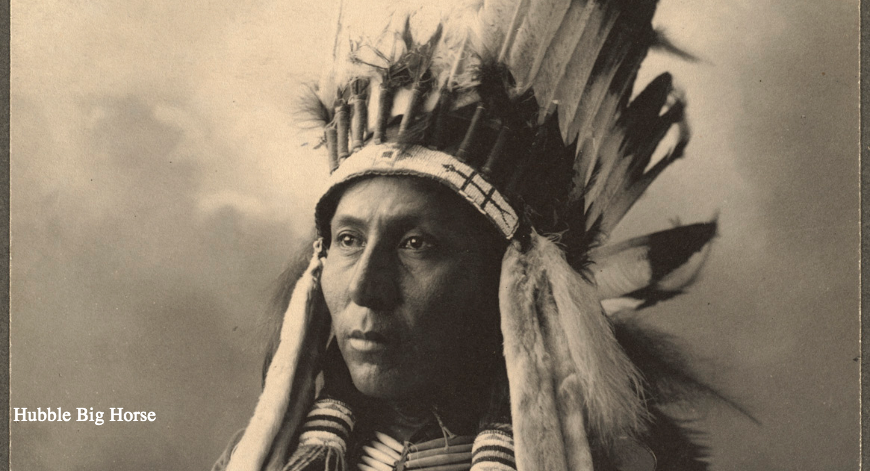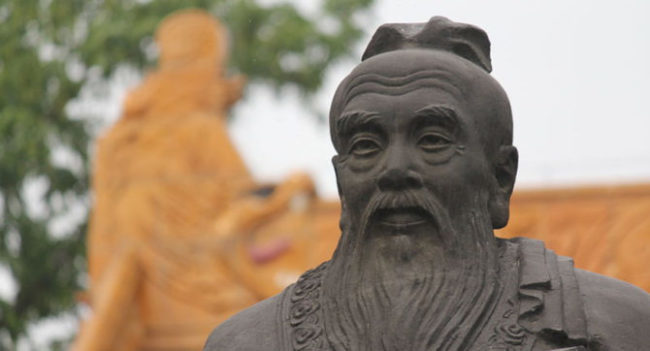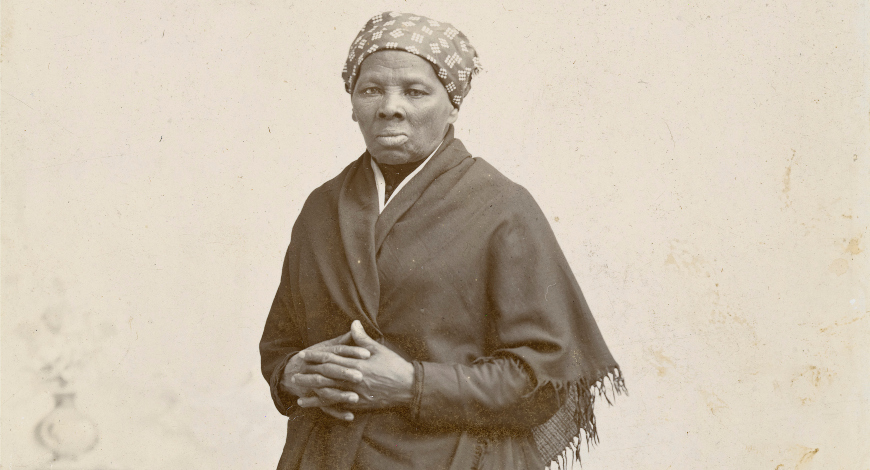When students hear the mantra “You can make a difference in the world,” there’s often an eye-roll. Students struggle to see how the actions of a few can have big consequences for the many. The fallout of this attitude is that many won’t decide to participate in that school-wide fundraiser, start that club or vote in the next election. The impulse to remain apathetic is strong but, as Mead reminds us, it just takes a different way of thinking to liberate us to act.
Many students assume they are just a number and don’t really matter in the world. They don’t think of themselves as role models with responsibilities to other people. Yet, like it or not, their behavior is being watched and they are having an influence on those around them in important, unseen ways. Becoming more aware of their impact makes students more compelled to act in ethical ways.
Many students assume they are just a number and don’t really matter in the world. They don’t think of themselves as role models with responsibilities to other people. Yet, like it or not, their behavior is being watched and they are having an influence on those around them in important, unseen ways. Becoming more aware of their impact makes students more compelled to act in ethical ways.
Self-motivation is an important skill for students of all ages to master. It’s important for students to reflect upon what motivates them to do their best. The challenge with self-motivation is to find exactly what triggers a person to become invested and interested in something enough to see it to completion. For some, motivation is more feeling-based; for others, more thinking-based. Finding that reliable guide for personal motivation is essential for success in life.
Freedom and happiness are two concepts that most students believe have undeniable value. Look no further than the Declaration of Independence and its famous phrase “life, liberty and the pursuit of happiness” to see evidence of this value. Yet, on a personal level, it is an open question whether independence actually leads to happiness in all cases for all people. Sometimes, surrendering independence might be necessary to gain fulfillment. Students have the life-long challenge of deciding when pursuing independence–or giving it up– is the best path to follow to get what they want.
Respect is something all students want. The question is how to get it. Students are told that if they hold themselves in high regard, people will want to be around them. They are also told that respect comes from doing things for others. Though the path towards respect is different for people, all agree that it is a worthwhile pursuit and leads to greater self-awareness and self-efficacy.
Goal-setting is thought to be a skill of highly successful people. Some students are really good at it. They map out their life events with certain outcomes in mind. Other students just want to ‘go with the flow’ and goal-setting makes them nervous and unfulfilled. The value of goal-setting is in dispute and, therefore, students must decide for themselves how they want to integrate it into their life activities.
All students have run across “know-it-alls”. They might be one themselves. They walk into a room and express supreme confidence with their knowledge. Being humble is seen as a sign of weakness. Then there are those timid students who wait patiently, ask questions and only speak when they are certain of something. Confidence and humility are noble traits. The life-long challenge is striking the right balance between the two.
An ambitious person is confident and self-motivated, both of which are qualities we want to see in our children. But ambition sometimes gets us into trouble. It encourages us to compete with others over scarce resources and that causes us to be selfish and uncompromising sometimes. It’s important to recognize that there are other people in the world and we have an ethical obligation to think about their needs as well.
Ask the students what they dream about and you are sure to get a wild variety of interesting answers. Students dream all of the time and some use them to set lofty goals for their life pursuits. Others see dreams as fake pictures of reality. However they are viewed, thinking about dreams is a chance for students to become more self-aware about what they value and what they really want out of life.
We experience life with other people. This is true in our families, schools and workplaces. We are taught the importance of being individuals and being responsible for our own actions, yet many of our life experiences involve others and our successes and failures are determined by how well we are able to work with other people.
Every student knows a little something about enemies and conflict. They don’t get along with everybody and these inevitable conflicts force them to make choices about how to treat other people. These choices have real consequences as they impact their capacities to build and sustain friendships.











